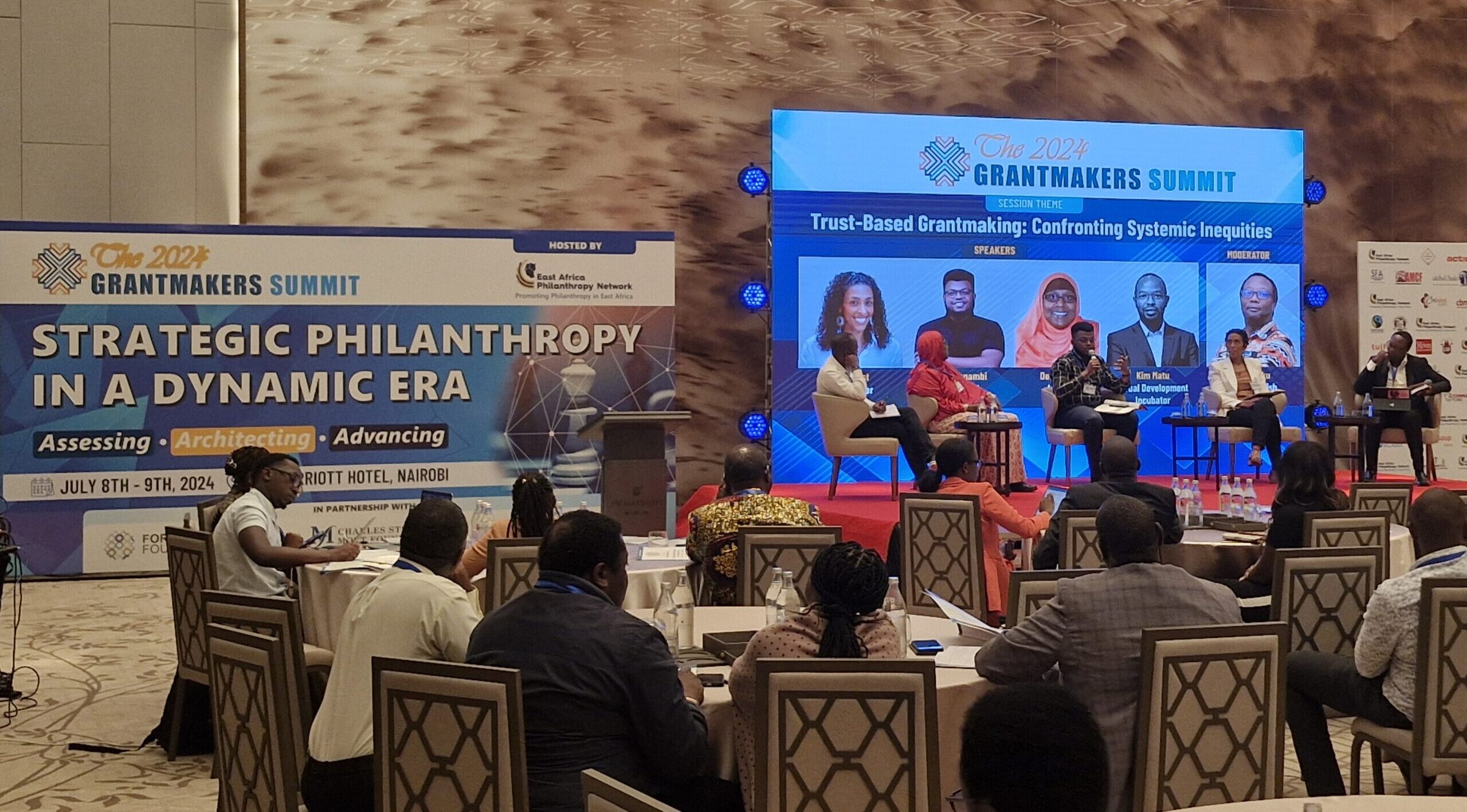
Learning from and with the Uganda Agribusiness Alliance
Founded in July 2014, Uganda Agribusiness Alliance (UAA) is a network of agribusinesses and allied partners in Uganda. UAA aims to reduce poverty and economic vulnerability, improve food and nutritional security, and create employment opportunities. It does this by bringing organisations together to identify and address bottlenecks in the ecosystem and by incubating multi-stakeholder initiatives to find systemic solutions and integrate them across value chains. With our shared focus on the rural poor, agribusiness and system change, Small Foundation and UAA were a natural fit for collaboration.
In December 2020, Small Foundation partnered with UAA to support development of its core capacity as a network. We provided a one-year grant to fund network convenings and to help UAA think through its strategies for fundraising, financial management and impact measurement. We also provided non-financial support through our network learning partner, Creative Metier, who published a case study on UAA.
Following the close of the partnership in February 2022, we asked an independent evaluation team with local Ugandan expertise to review the successes and challenges of the partnership, and to highlight learnings and considerations for future partnerships. As a learning organisation, we reflect on our activities and relationships to enable continuous improvement and to offer insights to others. Beginning in June 2022, the evaluation involved interviews with a range of stakeholders.
The findings confirmed our strategic alignment with UAA and found that the partnership helped UAA to refine its approach in the selected areas. At the same time, Covid-19 and lockdown restrictions affected communication within our partnership as well as across the UAA network. Reaching network members is already a challenge when they are in remote rural locations, and this was exacerbated by the lack of opportunities for face-to-face meetings. UAA’s internal communications were also impacted.
Despite the challenges, there were key outcomes attributed to the partnership by interviewees: increased funding committed by government to agricultural finance; and increased recognition of UAA as a hub for network learning. It was further noted by UAA members that UAA’s network activity had increased in recent months, which might be an indirect result of our support.
There are several key lessons for us:
- Communication with partners. The interviewees noted that while regular calls were open and constructive, Small Foundation should focus communication more on supporting the outlined partnership outputs, and the partner resources required. This means continually assessing milestones to understand achievement and emergent opportunities in the light of shifting contexts.
- Clarity on factors determining follow-on funding. Apart from understanding the impact of the work to date, these factors include strong communication, financial transparency, and continued alignment.
- The value of network tools for our partners. These tools are useful for partners’ own decision-making, for reporting to their funders and for their members and other stakeholders. However, networks may struggle to deploy all the tools when internal resources are stretched. This applies even to basic data-gathering about attendees at events or on calls. Small Foundation needs to be careful and realistic regarding the capacity of our network partners, potentially offering additional financial or in-kind support.
The UAA partnership also reminded us that smart engagement with the public sector is fundamental for achieving our objectives of developing a vibrant and viable agribusiness sector. Public sector interventions create an enabling environment for agribusiness and can provide critical finance alongside the private sector. But we should not treat the public sector as a single stakeholder. Instead, we should recognise that the public sector is itself a network with diverse stakeholders, and this needs coordination. Although Small Foundation does not focus on working with the public sector directly, we will consider how to apply these lessons to future partnerships with multistakeholder networks.
The partnership between Small Foundation and UAA generated positive outcomes and useful learnings which we will apply in our future interventions. We are grateful to UAA’s leadership, staff and members for their ongoing dedication and commitment to transforming agribusiness in Uganda. You can learn more about UAA via their website.

